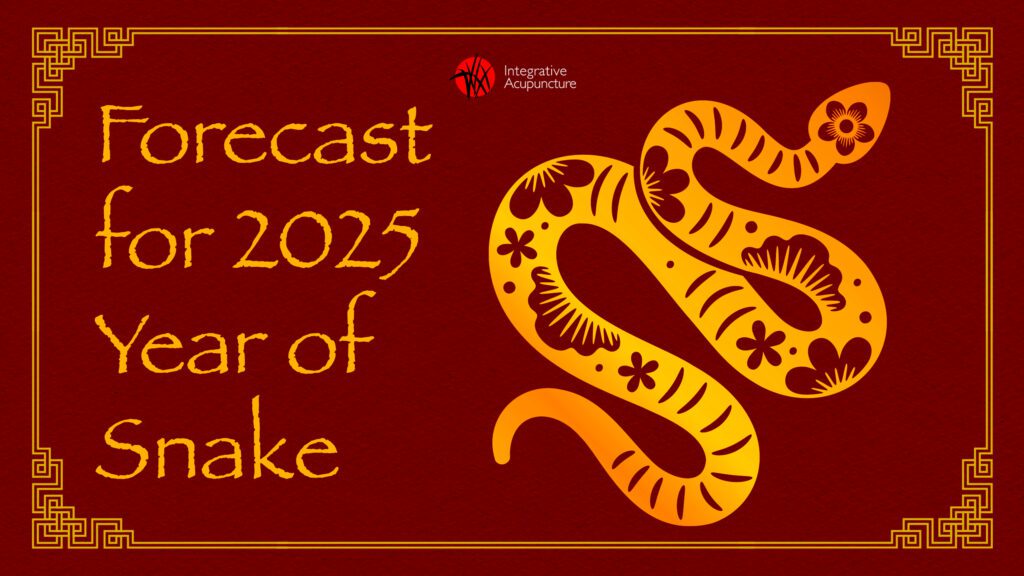Research Update: Acupuncture for Dysmenorrhea
A study published in the Journal of Acupuncture and Meridian Studies looked at the efficacy of acupuncture to control the symptoms of primary dysmenorrhea. Dysmenorrhea, also known as painful menstruation, is the most commonly reported gynecological problem in women who are menstruating. Painful menstruation is a subgroup of pelvic pain that can manifest as painful menstrual flow. The causes of dysmenorrhea are not specifically known by conventional medicine, but it has been determined that women suffering from this pain have increased levels of the hormones prostaglandin, oxytocin and vasopressin. These three hormones stimulate pain fibers in the uterus, leading to increased overall pain that can last for several hours or days. The study examined 60 women who were split into two different groups: the study group or the control group. The women in the study group received acupuncture for 15 days per month over a 90-day period. The women in the control group did not receive acupuncture. At the end of the study, it was concluded the women receiving acupuncture experienced far fewer symptoms and with less severity than those who did not receive acupuncture.
Symptoms such as these, were less severe overall after acupuncture treatments
- cramps
- pain
- mood changes
- diarrhea
- fatigue
To help determine if a woman is truly suffering from dysmenorrhea, a monthly journal is usually kept to note any similarities from one period to the next. Typically, dysmenorrhea is diagnosed through the use of a pelvic exam, blood and urine tests and possibly a pelvic ultrasound or x-rays. Conventional medicine treats dysmenorrhea with non-steroidal anti-inflammatory medications and hormonal supplements, like oral contraceptives.
Eastern Medicine, however, considers the whole person when diagnosing and treating. Traditional Chinese Medicine (TCM) looks at the patient holistically, considering all aspects, including the mind, the body and the environment of the person. Diagnosis of a person includes inspection and observance of the expressions, colors, appearance, smells and any idiosyncrasies that may be present.
By seeing the patient holistically, your licensed acupuncturist can help alleviate some or all of these symptoms for you.






